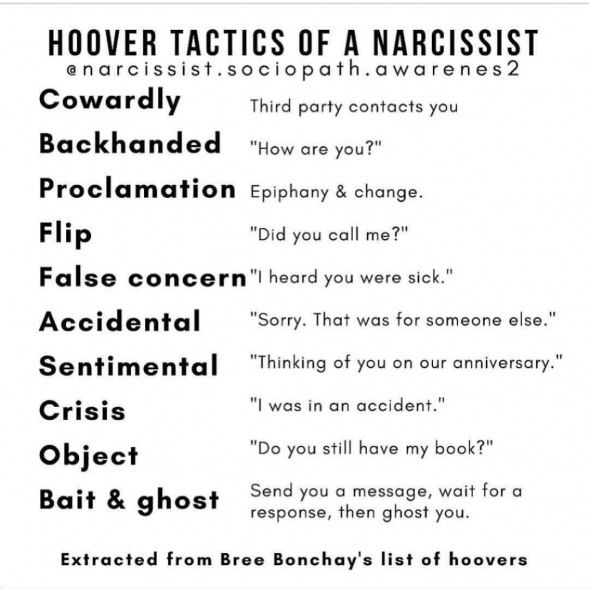Percent of cheaters
Infidelity Statistics (2023): How Much Cheating is Going On?
Being cheated on is a gut-wrenching experience.
Nobody wants it to happen to them, and few of us would even imagine that the person we love and care about could stab us in the back so brutally.
But cheating happens.
In fact, it happens a lot.
Infidelity remains the number one reason that married and unmarried relationships end all across the world.
This is an in-depth guide to infidelity.
What’s the truth about how many people are cheating and their motivations, gender and relationship types?
Here’s the cold, hard truth:
Nobody wants to get cheated on but many of us will be cheated on.
We have the statistics, polls, analyses, interviews and research.
Who is cheating, why, and where? Do men cheat more or do women?
We’ll also take a look at other kinds of cheating including emotional cheating and financial cheating.
Let’s get started.
Contents
- What do the numbers say?
- Why do people cheat?
- What goes on in cheaters’ minds?
- Why do women cheat?
- Why do men cheat?
- Who cheats more?
- Homosexual and bisexual cheating
- How long do most affairs last?
- Digital dirt
- Which professions cheat more?
- Emotional cheating
- Financial cheating
- Should I stay or should I go now…?
- Cultural perceptions of cheating
- How do you “get over” being cheated on?
- There’s still hope!
What do the numbers say?
The overall numbers on infidelity are alarmingly high.
Some websites have published unverified numbers claiming that “about 40% of unmarried relationships and 25% of marriages see at least one incident of infidelity.”
Another estimate from the journal of Marriage and Divorce concludes that a mindblowing 70% of married Americans cheat at least once in their marriage.
More reliable numbers from the US General Social Survey point to lower statistics for infidelity, but they are still worrisomely high.
According to the General Social Survey, “twenty percent of men cheat compared to 13 percent of women.”
According to LA Intelligence Detective Agency the numbers are somewhat higher. They write that:
- 30 to 60 percent of married couples will cheat at least once in the marriage
- 74 percent of men and 68 percent of women admit they’d cheat if it was guaranteed they’d never get caught
- 60 percent of affairs start with close friends or coworkers
- An average affair lasts 2 years
- 69 percent of marriages break up as a result of an affair being discovered
This is not what any of us want to hear. But the ugly truth is better than a beautiful lie.
But the ugly truth is better than a beautiful lie.
So let’s find out the truth about cheating.
Why do people cheat?
The usual reason that people assume for cheating is that one or both partners are not happy, are unsatisfied or are having other personal problems.
The truth is more complicated.
As LA Intelligence Detective Agency notes:
“Statistics show that 56% of men and 34% of women who commit infidelity rate their marriages as happy or very happy. This makes the reason people cheat a little harder to dissect and comprehend.”
A poll from Superdrug Online Doctor found that men and women cheat for very different reasons.
For American and European women the number one reason was that their partner did not pay enough attention to them and the least important reason was that American women were bored and European women “needed to feel sexy.”
For American and European men, the reason was that the other person they had an affair with was very hot and the least important reason was that their partner was no longer paying attention to them.
What people consider cheating also varies a fair bit, especially between the US and Europe.
Image credit: Superdrug Online DoctorOut of those who do cheat, the reasons, forms of cheating and consequences vary considerably.
The website the Truth About Deception maintains a poll for cheaters that’s updated daily. It currently has over 94,600 respondents. The poll allows users wh have cheated to anonymously say why they cheated, how many times and more information.
The results as of March 23, 2021 shows some fascinating info:
- 43.7 percent of cheating women and 22.2 percent of cheating men have cheated on their spouse with someone they both know.
- 72.1 percent of cheated males cheated in a one-night stand, while only 53.1 percent of cheating women cheated by having a one-night stand.
- 53.1 percent of cheating women have cheated on their husband more than once; 66.
 9 percent of cheating men have cheated on their wife more than once.
9 percent of cheating men have cheated on their wife more than once. - 40 percent of cheating females and 30.5 percent of cheating males have engaged in cybersex with someone other than their spouse.
- 34.6 percent of cheating females and 25.9 percent of cheating males did so because they were bored with their sex life.
- 73.7 percent of cheating females and 48.1 percent of cheating males were motivated to be unfaithful due to problems in their relationship
- 49.8 percent of cheating females and 19.8 percent of cheating males thought about splitting up because of the affair
- 30.3 percent of cheating females and 15.2 percent of cheating males did so to get even with their partner
- 47.8 percent of cheating females and 39 percent of cheating males were caught by their significant other.
In addition, 44% of people aged 17 to 24 admitted they cheated at least once to get back with their ex after a breakup, and 53% of the respondents admitted having sex with their ex.
The likelihood of cheating does seem to correspond to marital status as well. As far as the numbers show it seems to make a big difference if you’re married or not or at least correlate to an overall difference.
As Branka Vuleta notes:
“There is a 20% chance of a first marriage resulting in divorce within five years. In comparison, couples who cohabit for five years have a 49% chance of separating. Similarly, married couples have a 33% chance of divorce within 10 years, whilst cohabiting couples have a 62% chance of splitting up in this timeframe. These statistics indicate that married couples are likely to remain together longer than couples who choose to cohabit but do not marry.”
What goes on in cheaters’ minds?
Of course only the cheater themselves what’s going on in their minds and in their underpants.
But there are definitely gender differences in motivation that emerge in polling across the world.
As Fatherly notes:
“Men are more prone to casual and opportunistic cheating, which plays a big part in why they get caught.
Infidelity, for many men, is evidence of recklessness.
For women, however, cheating may be evidence of a more thought-out plan to address perceived needs. The potential costs of being sexually reckless is otherwise too high. Intimate partner violence, which one out of three women experiences at some point, is often triggered by infidelity.”
It’s often not about looks either.
In fact a reputable study cited by HuffPost found that a majority of people surveyed cheated on their partner with someone they considered less physically attractive than their spouse. Furthermore, only 25 percent of men found the woman they were having an affair with to be more interesting than their wife.
As Sophia Mura writes for Bride magazine, there are four main traits that make someone more likely to cheat, namely: they rank low for agreeableness and conscientiousness, your lives are not intertwined, you see their differences as flaws and they’ve become narcissistic.
According to Mark Manson, the main reason people in relationships cheat is “when one’s need for self-gratification outweighs their need for intimacy. ”
”
In other words, the desires of the moment and lust for immediate satisfaction temporarily outpaces their desire to be respectful and loyal to the love and relationship they have waiting at home. It’s not always some big problem going on: in many cases it’s plain temptation and the heat of the moment.
How did people meet the person they’re cheating with?
The chart below shows some of the common places cheater met their mistress or boy toy.
Image credit: Superdrug Online DoctorWhy do women cheat?
Obviously every woman is different. That said, women tend to cheat for very different reasons than men.
In general, women cheat when they feel a lack of intimacy and feel ignored by their partner, whereas men are more visual and tend to cheat due to immediate temptation.
Nonetheless, women are not always cheating for deep reasons. Sometimes, like men, they get caught up in the heat of the moment.
As Jeremy Brown explains:
“Some women cheat to avoid boredom; other women cheat because they feel neglected.
Still, other women say they cheat just because they want to. The reasons for infidelity are complex and unique to each relationship…
The concept of a cheating wife contrasts a lot with what our culture tells us about women. To many, the thought triggers stronger reactions than that of a cheating man, which is more expected based on historical norms.”
What this means is that many cultures still idealize women as perfect beings who never get horny or tempted. It’s a misogynist streak which believes men are allowed to sometimes lose control and be kind of stupid, but women should stay loyal and not stray from their man.
The truth is that while women are more likely to cheat for reasons of feeling a lack of love and wanting something more serious, plenty of women do cheat because they want to try sex with someone new: it’s not just a male thing, contrary to the popular myth.
Why do men cheat?
Men generally have different motivations for infidelity than women, although every case varies.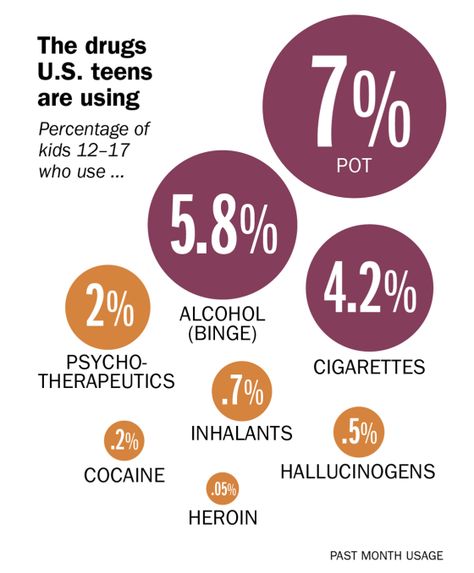
Men tend to be more visual and get tempted into infidelity by their physical desires. However once you dig deeper there are usually more disquieting reasons why men cheat.
According to psychologist Robert Weiss, once you cut through the excuses and denial, the real primary reasons men cheat are the following: immaturity, other problems, low self-esteem, too cowardly to just end things, wants to get another side piece before ending things, impulsivity, childhood abuse or to get revenge on his partner.
Weiss says that a man who is immature and has other issues like a sexual addiction, drug use or alcoholism may cheat as part of a broader lifestyle issue or he may also be seeking
“validation from women other than his mate, using this sextracurricular spark of interest to feel wanted, desired, and worthy.”
In addition, Weiss says that sometimes men get infatuated and aren’t really into it, quickly tapping out to seek out some new nookie because he’s “mistaking the neurochemical rush of early romance, technically referred to as limerence, for love,” and “fails to understand that in healthy, long-term relationships limerence is replaced over time with less intense, but ultimately more meaningful forms of connection. ”
”
When a man cheats to break up, he may do it because he’s too scared to tell her straight up and wants her to do the hard work or Weiss says,
“he may want to end his current relationship, but not until he’s got another one lined up.”
Sometimes a guy just cheats because the chance comes up.
As Weiss says:
“He may never have even thought about cheating until an opportunity suddenly presented itself. Then, without even thinking about what infidelity might do to his relationship, he went for it.”
Who cheats more?
Men cheat more than women.
As stated, according to the General Social Survey, 20% of married men admitted to cheating and 13% of women, but the amount of women cheating has gone up 40% over the past several decades from its past miniscule amount.
In addition, some researchers wonder if the number of women is actually higher but women are just less likely to admit to an affair than men.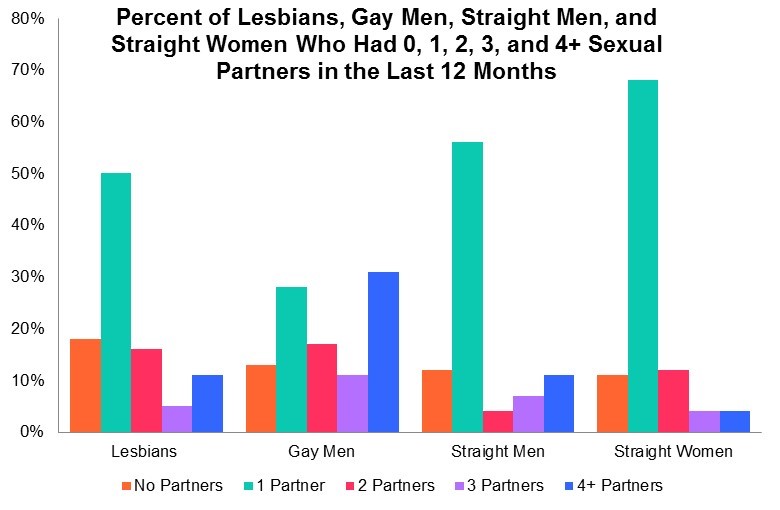
Apps like Tinder and dating apps have made it even easier for men and women to cheat and hide it from their spouse, especially if they stick to sexting for the initial phase of the affair.
Millennials are more likely to cheat using apps especially, with fully 11% saying they use apps to cheat on their partner.
Polling from the National Opinion Research Center at the University of Chicago shows that more women are cheating than ever before, especially in younger demographics, with 12.9% of US women between 18-24 saying they’ve cheated and 15.9% of US males in the same age range.
On adults over 65-years-old, only 10% of women cheated and 25% of men, showing just how dramatic the rise in younger women cheating has been.
In other words, a lot of men cheat, but more and more younger women are getting in on the backstabbing now too.
The highest age bracket for cheating women is not younger women, however, it’s still women between 50 to 59-years-old, a trend which has been recognizable for years now but switched from the 90s when women between 40 to 49 had the highest cheating rate.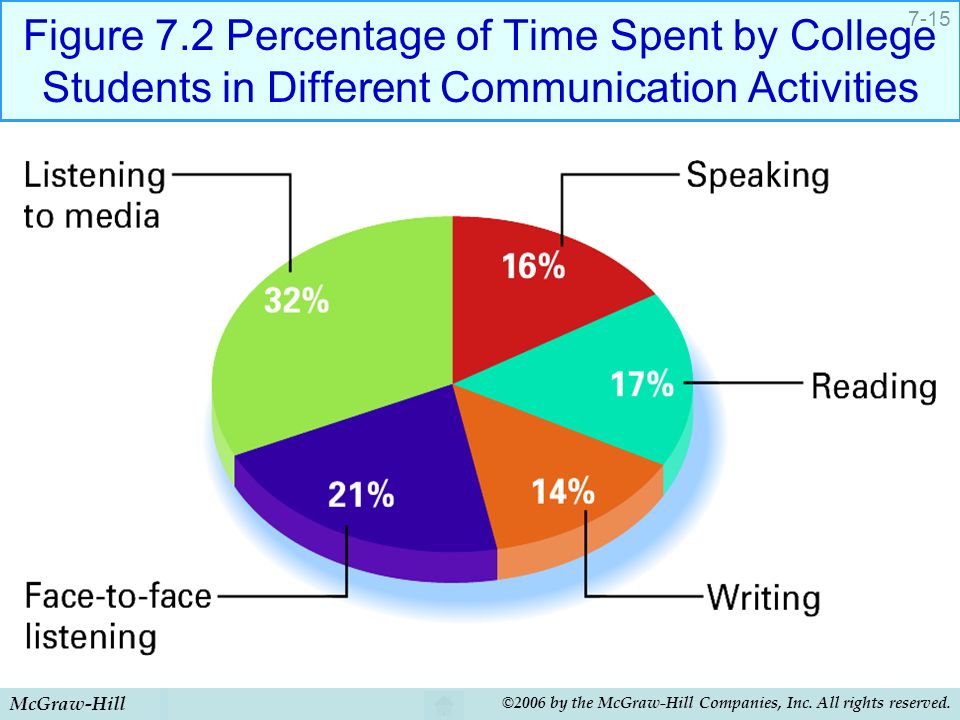
In terms of demographic breakdowns in the US, the Institute for Family Studies has a lot of data.
Black Americans cheat more than other races, with 22% of married Black Americans admitting they’ve cheated compared to 16% of Whites overall and 13% of Hispanics.
In terms of gender and race, married Black men had a cheating rate of 28%, compared to 20% of married White men and 16% of married Hispanic men.
Age also has a significant impact on cheating.
Men and women both cheat more in middle age and between 51 to 59-years-old is the peak, with 31% of men and women in that age bracket admitting they’ve cheated.
Education level has no known correlation with cheating.
Politically the results are mixed. Although past studies have showed that liberals and Democrats are more likely to cheat by a few percentage points, recent results from the cheating website Ashley Madison showed that 60% of its members identified as Republicans and 40% as Democrats, making Republicans and conservatives more likely to cheat in the United States.
People who go to church or religious services less than once a year are more likely to cheat than those who go a few times a year or more. In other words religious people are less likely to cheat.
In fact, church or religious service attendance is linked to a number of benefits.
According to a 2016 Harvard study, religious service attendance is directly linked to “better health outcomes, including longer life, lower incidence of depression, and less suicide” and “associated with greater marital stability — or more specifically, with a lower likelihood of divorce.”
Family background is also important. Those who are adopted or come from broken families are slightly more likely to cheat.
As Anugrah Kumar notes for Christian Post:
“Fifteen percent of adults who grew up with both biological parents have cheated on their spouse before, compared with 18 percent of those who didn’t grow up in intact families.”
Homosexual and bisexual cheating
Even many people in heterosexual marriages have felt sexually or romantically interested in someone of the same sex, specifically 20% of straight women and 10% of straight men.
According to the journal of Evolutionary Psychology, 13.7% of those surveyed were open to the idea of a same-sex affair and 2.9% were equally into either sex.
Men tend to be more easygoing if their wife cheats on them with a woman, with 33% saying that wouldn’t be a dealbreaker and 76% said they’d prefer their wife cheat with a woman than a man.
Only 22% of women say that their husband cheating with a man would be acceptable to them, and 62% of women would rather their husband cheat on them with a woman than a guy.
How long do most affairs last?
Numerous studies say that most affairs don’t last long.
- 25% of affairs last under a week
- 65% last under six months
- 10% last more than six months
In other words, the most you’re likely to get out of an affair is a few months. And it’s also true that cheaters tend to be repeat offenders.
Even though it can be tempting to give a cheating woman or man another chance, the statistics show that they’re much more likely to do the dirty deed again.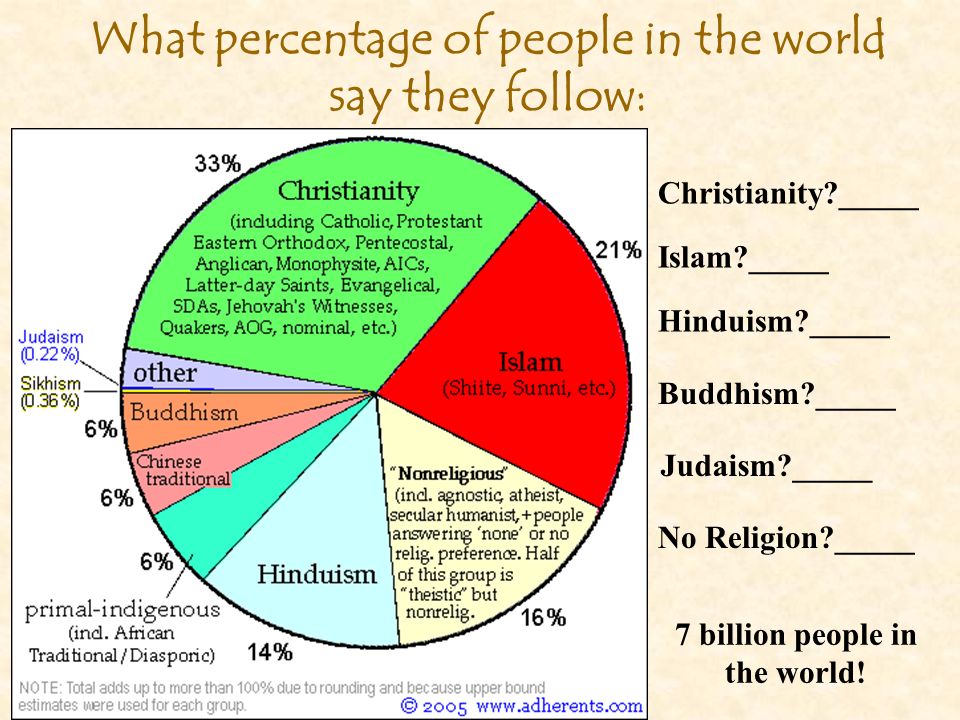
In fact, cheaters have a 350% higher chance of cheating again than someone who’s never cheated.
More interesting stats:
- 2%: Number of children who are the result of affairs.
- 3%: Marry the lovers they had the affair with.
- 50-60%: Number of married men who engage in extramarital sex at some time during their relationships.
- 80%: People who become addicted to an online affair.
- 75%: Percent of divorces in which cheating is a factor.
- 25%: Affairs lasting less than a week.
- 98%: Men who have frequent fantasies about someone other than their partner, but it’s not just men.
- 80 percent of women do it too.
- 65%: Affairs that ended within the first six months.
- 57%: People have used the internet to flirt.
- 42% of women who admitted to cheating on a large poll said they are blond, 23% were redheads, 20% for brown and 11% for black.

Digital dirt
According to the Australian Journal of Counselling Psychology, out of a survey of cheating adults, “more than 10 percent had formed intimate online relationships, 8 percent had experienced cybersex and 6 percent had met their Internet partners in person.”
It is also becoming more common for women to cheat online.
Digital infidelity is a growing occurrence, with classic signs often occurring. These include:
“Spending time online in private, smiling about messages received without elaborating on them, and deleting messages or search history as a matter of course.
Usually behavior changes as things are kept secret and there is a need to tell small lies. Withdrawal from home life can also occur, as does going to bed later than normal, or getting up in the night.”
Which professions cheat more?
According to the Investigation Hotline, the most likely professions to cheat that they have investigated are those in the trades, medical profession and entrepreneurs.
- 29% of male cheaters are plumbers, electricians, etc. and only 4% of women are in the trades
- 23% of women on Ashley Madison are in nursing or medicine, while only 5% of men are.
- 11% of cheating women and 11% of cheating men are entrepreneurs.
- 12% of men and 8% of women on Ashley Madison are in the information technology field
- 9% of unfaithful women and 8% work in the retail and hospitality sector
Career also has another link to cheating, since those who are financially dependent on their spouse are more likely to cheat. That means those in lower-paying jobs or who are not working will generally cheat more on their partner.
When it comes to IQ there also seems to a connection, since men with higher IQs are — in general — less likely to cheat.
Those who go on business trips are also more likely to cheat.
According to a poll from Gleeden that surveyed 8,000 people, 62% of men and 57% of women said they’d cheated on a business trip.
Despite being different than the earlier General Social Survey results cited, this was of European adults and results vary from survey to survey.
Emotional cheating
Emotional cheating is when a man or woman spends emotionally intimate time with someone else having deep conversations and a strong personal connection even if it doesn’t involve sex.
Fully 56 percent of men say they’d be more upset to hear their woman is emotionally cheating, and 73 percent of women would be more angry about an emotional affair than physical cheating.
Couples therapist Alicia Munoz observes that:
“Emotional cheating is a particular type of secretive, sustained closeness with someone who isn’t your primary partner. It’s one person making a unilateral decision to cultivate nonsexual intimacy with someone other than their primary romantic partner in a way that weakens or undermines the relationship.
Many see this type of connection as having an erotic component to it.
Though there often can be an underlying romantic or erotic energy in emotional cheating, it can also occur without the element of romance or eroticism present.”
Emotional cheating is extremely common, but that doesn’t make it any less hurtful to the person it’s happening to.
According to the American Association of Marriage and Family Therapy, “35% of women and 45% of men admit to having had an emotional affair before.”
As Munoz writes, people get so upset:
“because their partners have engaged in an inappropriately deep, sustained closeness with someone else in a way that excluded them. I’ve even talked to people who feel their partner is emotionally cheating on them with a therapist!”
The difficult thing about emotional cheating is that it can be hard to separate from just having close relationships outside your romantic relationship.
The best way to tell if someone is emotionally cheating is to determine if: the other relationship strengthens or weakens your romantic relationship and if the other connection is a kind of addiction and craving or more of a healthy choice.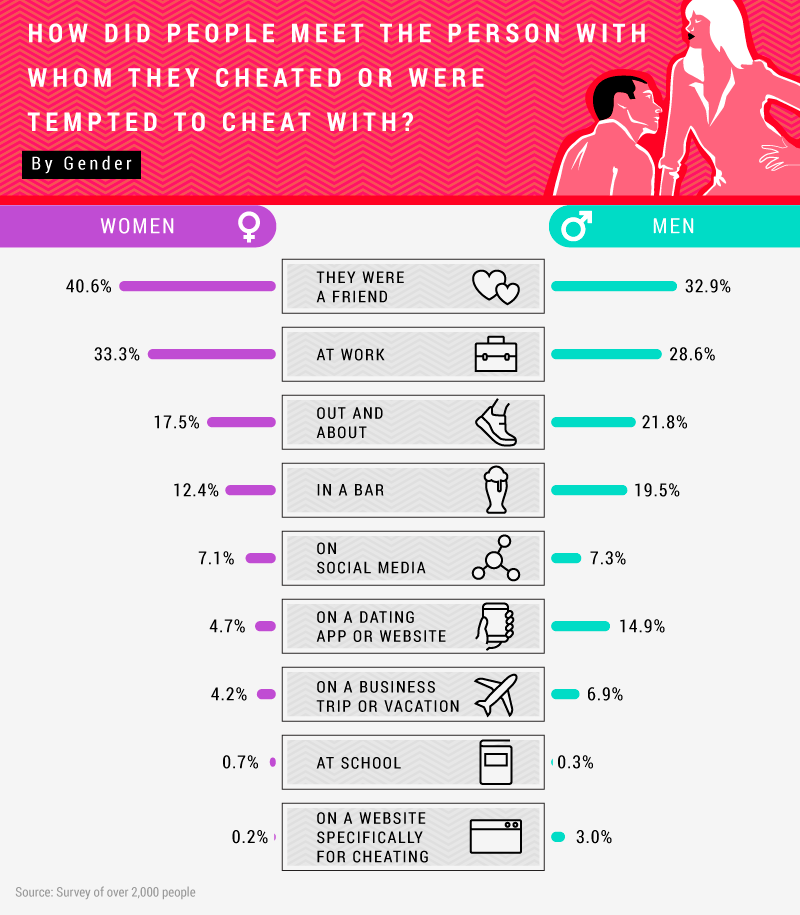
Common signs your partner is emotionally cheating include:
- They confide more in the other person than you
- They don’t value time with you in the same way
- They turn to the other person after fighting with you
- They meet and speak with the other person more than you
- They give gifts and share many special times with the other person
- They don’t bother trying to fix issues with you anymore
- They treat the other person like a lover with their words and behavior
- They deny that it’s inappropriate and become defensive if you question their new connection
While emotional cheating does happen quite often, it’s important not to just throw accusations of it around for leverage or to cover up other issues in a relationship.
Furthermore, emotional cheating is usually a sign that something else is going wrong in the relationship and thus is often not the only problem that’s occurring.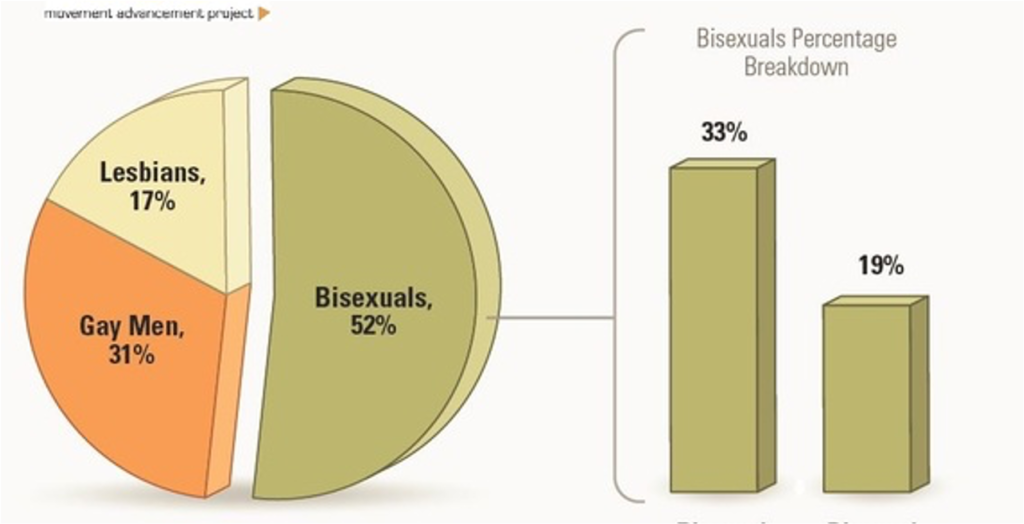
Financial cheating
Financial cheating is a growing trend. It’s when married couples hiding the money they have from each other.
As Nicholas Kjeldgaard reports for NBC:
“About 40% of people in serious relationships are keeping money secret from their partner.”
One of the most common reasons is exactly what you would imagine: people racking up charges on a credit card and not telling their partner.
In the survey, 51% of Millennials acknowledged they hide financial secrets from their partner, higher than Gen X’ers, at 41%, and Baby Boomers at 33%.
More top signs of financial cheating include:
- Finding out your partner has a credit card you didn’t know about
- Getting removed from joint bank accounts or cards by your partner without a good reason
- Noticing money that’s not where it should be or is massively overspent from what was agreed on
- Your partner acts hostile and defensive around talks of money or their finances
- Your partner is living the life of Riley without any apparent new source of income
- Your partner picks up a dangerously expensive new hobby like gambling, or shopping every week for expensive clothing
The best way to resolve financial infidelity is to always be open about financial issues with your partner.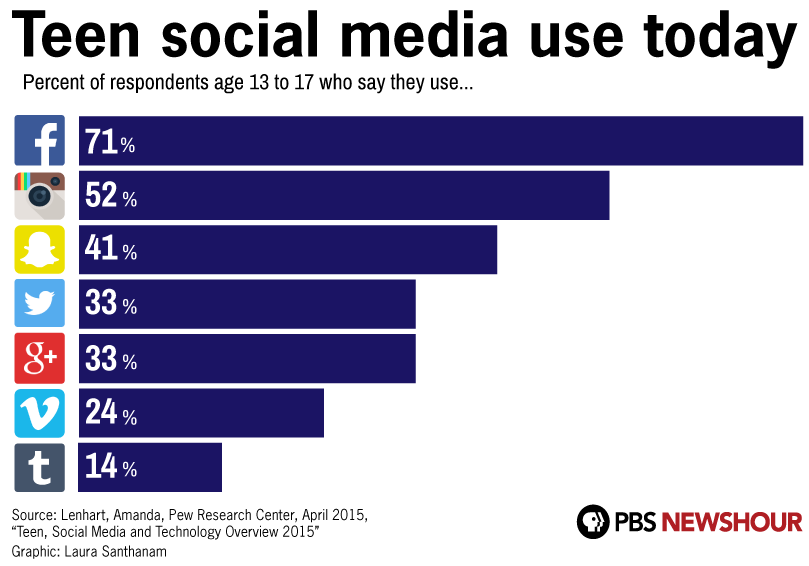 Approach issues around finances with caution since it can be a very emotional topic for many people.
Approach issues around finances with caution since it can be a very emotional topic for many people.
Fortunately there are effective ways to learn more positive attitudes around money and how to make it less of a toxic time bomb in your life and more of a proactive method for expanding your opportunities.
Should I stay or should I go now…?
When it comes to cheating, there’s no easy answer about whether you should stay or go. Every relationship is different.
As Psychologist Justin Lehmiller notes:
“It may surprise you to learn that only 1 in 5 people said they broke up with their primary partner as a direct result of the affair. However, it’s important to note that another 27% said they broke after the affair, but for a different reason, which points to the fact that affairs are often (but not always) symptoms of deeper, underlying problems in the relationships. So, in total, nearly half of participants broke up after their affair, but it wasn’t always the affair itself that caused the breakup.
”
In her TED talk “Infidelity: to stay or go…?” relationship expert and broadcaster Lucy Beresford makes some very valuable insights.
“Your friends might say ‘hm, can a leopard change its spots?’ Your mother might say ‘plenty more fish in the sea, my darling.’ But most times, that pressure to quit comes from within,” Beresford notes.
Beresford urges people to do their best to reconcile their relationships and take that new injury and distrust and work with it to find some new common ground and reestablish the basics of trust and intimacy.
Cultural perceptions of cheating
Cheating is not reacted to the same way in every culture, and neither is the gender of the one cheating. Many male-run and more religious societies disapprove of cheating for any reason.
Some more traditional societies also put the share of blame on women for cheating even if the man is the one doing it, claiming he must be unsatisfied or not being treated well at home if he strayed.
Cheating is regarded as morally unacceptable in most countries, although very liberal countries such as France have a lower rate of disapproval about affairs. Other more Westernized, liberal countries sometimes do not take a moral stand on cheating whatsoever.
According to a Yale University analysis, the percentage of people who think cheating is always wrong is:
- Finland: 36%
- France: 47%
- Germany 60%
- Italy 64%
- Spain 64%
- Russia 69%
- Japan 69%
- Poland 71%
- Mexico 73%
- Canada 76%
- UK 76%
- Nigeria 77%
- Australia 79%
- South Korea 81%
- USA 84%
- El Salvador 89%
- Philippines 90%
- Lebanon 92%
- Egypt 93%
- Jordan 93%
- Indonesia 93%
- Palestine 94%
In terms of who cheats most, there are some surprising results including Finland where cheating is considered a “parallel relationship. ”
”
The following estimates list what percentage of people have cheated in these countries:
- Finland 36%
- UK 36%
- Spain 39%
- Belgium 40%
- Norway 41%
- France 43%
- Italy 45%
- Germany 45%
- Denmark 46%
- Thailand 56%
As we can see, not all of these results correspond to cultural perception of cheating and some countries like the UK where cheating is still seen as unilaterally wrong have quite a high estimated rate of infidelity.
Others track fairly logically, with many socially liberal Scandinavian nations having a much higher rate of infidelity.
How do you “get over” being cheated on?
It’s crucial to understand that getting cheated on is not your fault, and it does not even necessarily mean your spouse doesn’t love you anymore.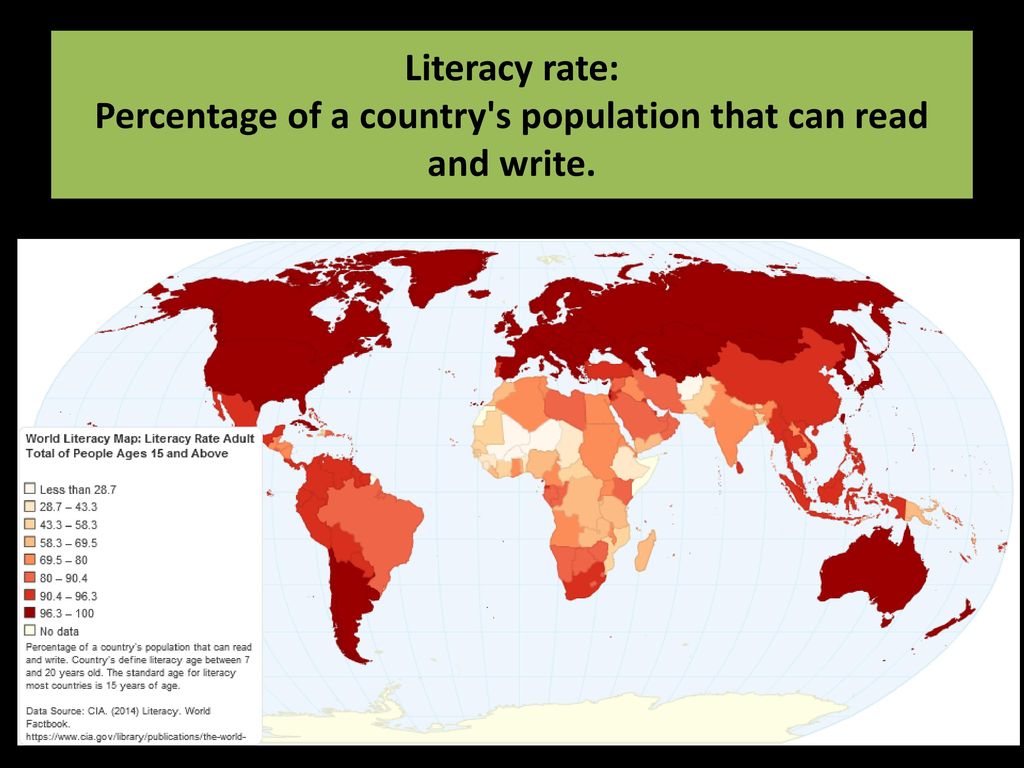
While this doesn’t lessen the pain, it does bring some reassurance.
Nonetheless, those feelings of being totally lost and crushed after this kind of betrayal are very difficult to deal with.
You might spend months just lying on the couch or feeling like giving up on life.
But it doesn’t have to be this way.
When I felt the most lost in life, I was introduced to an unusual free breathwork video created by the shaman, Rudá Iandê, which focuses on dissolving stress and boosting inner peace.
My relationship was failing, I felt tense all the time. My self-esteem and confidence hit rock bottom. I’m sure you can relate – heartbreak does little to nourish the heart and soul.
I had nothing to lose, so I tried this free breathwork video, and the results were incredible.
But before we go any further, why am I telling you about this?
I’m a big believer in sharing – I want others to feel as empowered as I do. And, if it worked for me, it could help you too.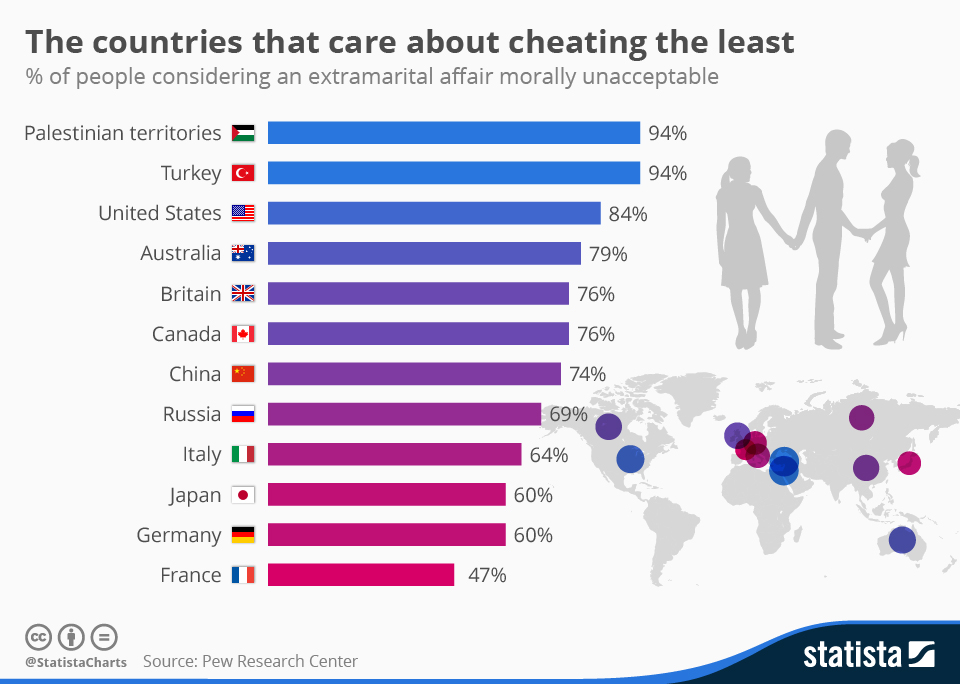
Secondly, Rudá hasn’t just created a bog-standard breathing exercise – he’s cleverly combined his many years of breathwork practice and shamanism to create this incredible flow – and it’s free to take part in.
Now, I don’t want to tell you too much because you need to experience this for yourself.
All I will say is that by the end of it, I felt peaceful and optimistic for the first time in a long time.
And let’s face it, we can all do with a feel-good boost during relationship struggles.
So, if you feel a disconnect with yourself due to your failing relationship, I’d recommend checking out Rudá’s free breathwork video. You might not be able to save your relationship, but you will stand a shot of saving yourself and your inner peace.
Here’s a link to the free video again.
There’s still hope!
Rick Reynolds is the founder and president of the Affair Recovery has some valuable experiences to share about his own experience with infidelity and how to recover from it.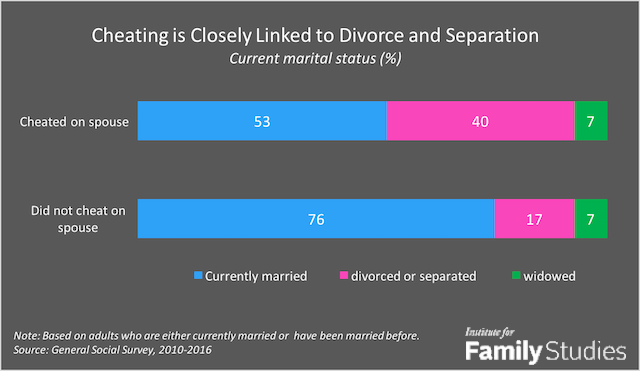
Reynolds writes that one of the things he wishes he’d known about the healing process after cheating was:
“Not knowing that there was hope left me skeptical and hesitant to give my marriage a chance. If I had known surviving infidelity was possible, I would’ve more quickly sought help, and I certainly would’ve had a better attitude. It wasn’t until we met others who had succeeded in saving their marriages — and were better off for it — that I began to realize there was hope for us, too.”
FREE eBook: The Marriage Repair Handbook
Just because a marriage has issues doesn’t mean you’re headed for divorce.
The key is to act now to turn things around before matters get any worse.
If you want practical strategies to dramatically improve your marriage, check out our FREE eBook here.
We have one goal with this book: to help you mend your marriage.
Here’s a link to the free eBook again
Can a relationship coach help you too?
If you want specific advice on your situation, it can be very helpful to speak to a relationship coach.
I know this from personal experience…
A few months ago, I reached out to Relationship Hero when I was going through a tough patch in my relationship. After being lost in my thoughts for so long, they gave me a unique insight into the dynamics of my relationship and how to get it back on track.
If you haven’t heard of Relationship Hero before, it’s a site where highly trained relationship coaches help people through complicated and difficult love situations.
In just a few minutes you can connect with a certified relationship coach and get tailor-made advice for your situation.
I was blown away by how kind, empathetic, and genuinely helpful my coach was.
Take the free quiz here to be matched with the perfect coach for you.
Click the above link to get $50 off your first session – an exclusive offer for Hack Spirit readers.
How Common Is Cheating? | Psych Central
More people cheat than you might imagine. Here are the numbers.
Cheating in relationships is common in the United States among all age groups.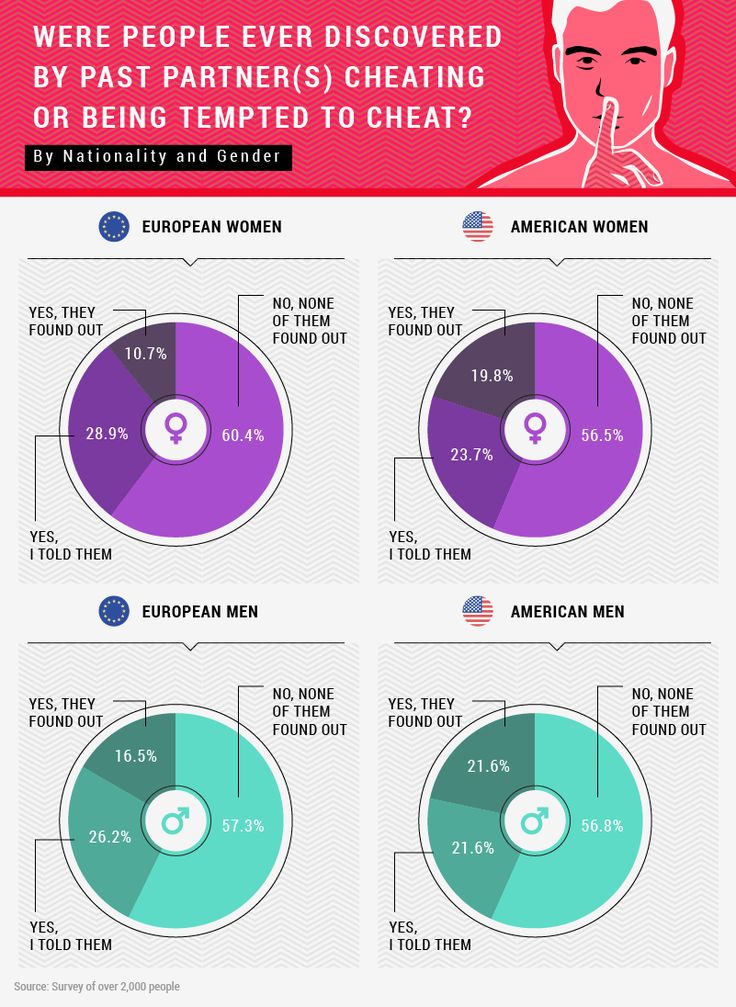
The internet makes this phenomenon easier than ever, expanding opportunities for different types of cheating. And getting caught.
If you’ve cheated on your partner or been cheated on, you’re not alone. It’s a tale as old as time and you can take heart: folks on both sides of infidelity can heal.
A 2010 research article suggests that finding accurate statistics on infidelity may be problematic for several reasons, including:
- Not everyone defines cheating in the same way. Does flirting count? What about virtual affairs?
- Infidelity in LGBTQ+ communities has not been well-studied or reported.
Here’s what we do know about the prevalence of cheating.
A 2021 survey by Health Testing Centers polled 441 people and reported:
- a little over 46% of respondents in a monogamous relationship said they had affairs
- nearly 24% of marriages affected by infidelity reported staying together
- 47.5% of relationships affected by cheating said they established and enforced new relationship rules, such as sharing phone passwords, to minimize the likelihood of more affairs
Research in 2020 analyzed data on infidelity in marriage from 1991 to 2018 by the General Social Survey (GSS). The most recent data on extramarital sex within demographic groups was unpacked, and the numbers are interesting.
The most recent data on extramarital sex within demographic groups was unpacked, and the numbers are interesting.
| Demographics | Rates |
|---|---|
| men who say they cheat | 23% |
| women who say they cheat | 12% |
| married people who say they cheat | 12% |
| divorced people who say they cheat | 26% |
| infidelity of Black people | 24% |
| infidelity of white people | 16% |
| infidelity of other POCs | 13% |
| cheating in 55 to 64 year olds | 18% |
| cheating in 41 to 54 year olds | 16% |
| cheating in 18 to 40 year olds | 11% |
It’s possible that the pandemic may have influenced an increase in virtual or online infidelity.
A 2020 research article reports that a dating site for married people had an increase in 1,500 new members per day compared to 2019. Researchers speculate that increased internet use and marital tensions under lockdown might account for this statistic.
Researchers speculate that increased internet use and marital tensions under lockdown might account for this statistic.
As common as infidelity is, it often feels personal.
What actually is an affair?
Infidelity is sexual or emotional activity outside agreed-upon relationship boundaries. An affair can be a sexual activity but isn’t necessarily. Sometimes it’s hugging and kissing. Sometimes it’s not even that.
According to LuAnn Oliver, a couples therapist licensed in Virginia, affairs can include:
- a one-night stand
- compulsive sexual behavior
- emotional infidelity
- strongly desiring a particular someone else (coveting)
- desiring your existing mate and someone else
- an online flirtation or sexting
Why do people cheat?
A 2021 study used machine learning algorithms to find factors predicting infidelity. Some top predictors in cheating were:
- Online cheating
- Interest in trying specific sexual activities never achieved with their partner (anal sex)
- Longer relationship length
- Solitary desire (personal sexual desire)
- In-person cheating
- Low relationship satisfaction
- Low romantic love
- Solitary desire (personal sexual desire)
Sometimes people cheat for revenge or attention. Other times, folks cheat when their inhibitions are lowered while under the influence of a substance.
Other times, folks cheat when their inhibitions are lowered while under the influence of a substance.
Relationship expert Esther Perel believes people cheat to transform regret, or to express a new identity, according to this Atlantic article she penned.
Romantic ideals and the concept of self-fulfillment can also affect modern infidelity.
Oliver, a certified emotionally focused therapist (EFT) has seen “people underestimate what it takes to have a stable, meaningful, connected, long-term relationship.”
It’s easy for folks to avoid talking with their partner about what they really need for intimacy.
Oliver describes this common pattern: “You begin chatting with a colleague; the reward center in the brain lights up. One thing leads to another.”
How likely is someone to get away with it?
Of the participants reporting infidelity to Health Testing Centers, about 22% never communicated the relationship to their partners.
Still, an affair can be discovered.
In the 50s, this involved searching coat pockets for romantic restaurant matchboxes or receipts for gifts. Today, phones can be treasure troves of easy access and sometimes graphic information.
Another way people get caught is by contracting an STI — 53% of those who get a sexually transmitted infection by cheating communicated their infidelity.
Oliver says couples tend to visit her in therapy once the affair is over. She adds that cheating affects both partners negatively, creating stress and upheaval, but at different times.
For the one being cheated on
If you feel betrayed, the period post-affair can be a low point — particularly if you discover the cheating after a long period of lying, Oliver says.
If the partner who cheated discloses the infidelity by choice, sharing it honestly, Oliver says she’s seen couples recover much faster.
You may find yourself questioning your identity, even if the affair wasn’t about you.
Worth noting
If you feel as though you’ve lost your identity in a relationship after being cheated on, here’s how you can rediscover your values.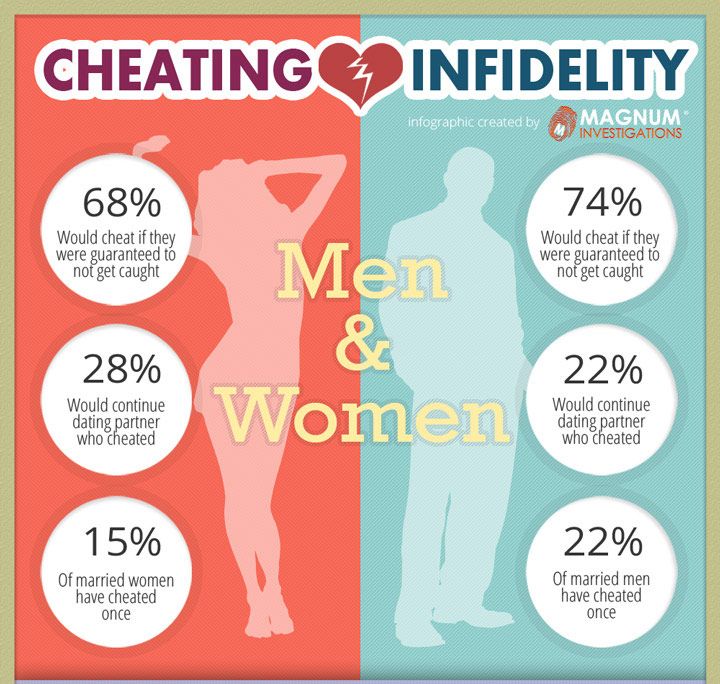
Was this helpful?
For the one cheating
If you’ve cheated and talked to your partner about it, you may be feeling relief. You may feel more atonement than regret.
But this could be salt in a wound to your partner.
You might find it beneficial to the relationship to stay open to questions and concerns, even after you’ve ended the affair and moved on emotionally. Moving forward, it may be good to set expectations of what infidelity means for you both.
Whether you’ve had an affair yourself, or have been cheated on, you’re not alone. And healing is possible.
“Couples can and do recover from affairs,” says Oliver. “Many, many have, and many, many will. Once the affair is over, they can dig into what they’ve been neglecting. It’s important not to feel shame for staying in a relationship after an affair.”
While consciously rebuilding trust works for some married couples, “divorce, also, isn’t the end of the world,” Oliver says. “For some, it can be a doorway into new opportunities.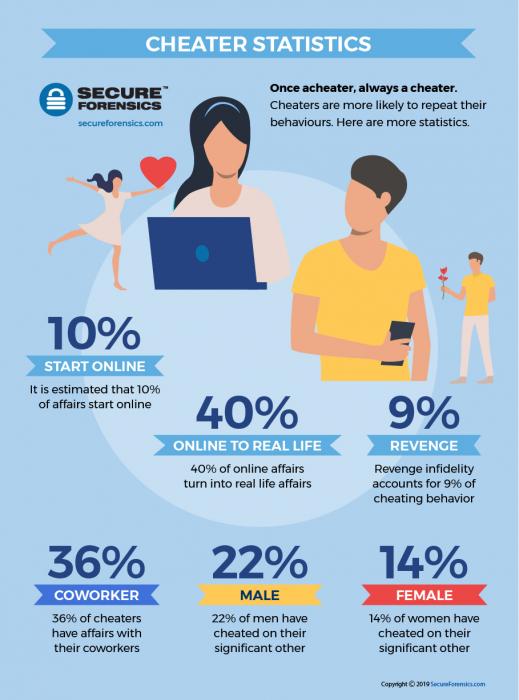 ”
”
Poll: more than 70% of Russians have experienced financial fraud over the past year /TASS/. More than 70% of Russians have experienced financial fraud over the past year, according to the results of a survey conducted on the eve of the Finopolis-2021 fintech forum by Otkritie Bank (available to TASS).
"73% of Russians have experienced financial fraud over the past year. Calls on behalf of banks remain the most widespread type of fraud, and banks are the main source of informing the public about cybersecurity," the study says.
Over the past year, 65% of respondents said they or their family members have experienced financial fraud without being harmed. As a result of such fraud, 8% lost money, the highest percentage of victims was noted in St. Petersburg and the Leningrad Region (13%), as well as in the North-Western Federal District (12%). Over the past year, 27% of Russians had no personal experience of encountering financial fraudsters.
Cyber security assessment
Read also
"Visa leaves Russia - protect your funds" and other tricks of scammers
The survey showed that the majority of Russians do not appreciate the level of personal cybersecurity in the Russian financial system.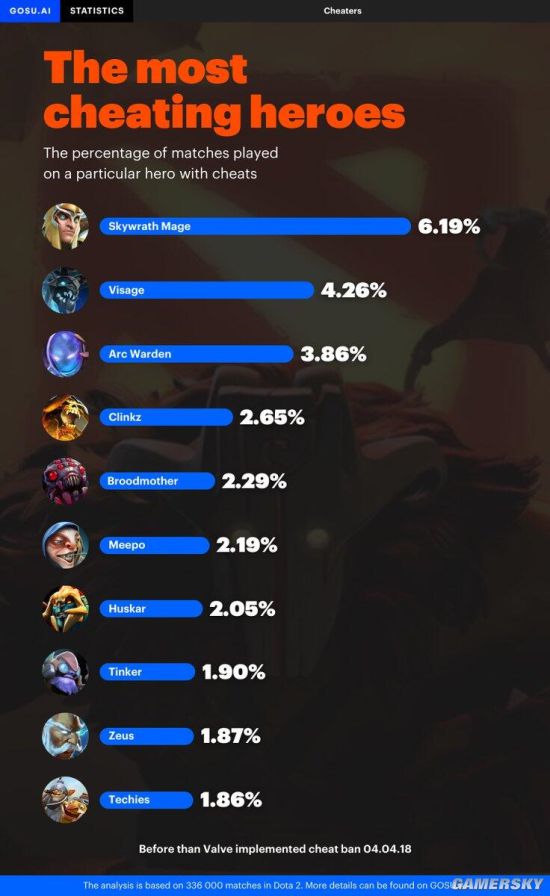 Confidence that at any moment they can become a victim of cyber fraudsters was expressed by 30% of respondents. A fifth of respondents (21%) believe that as technology advances, the cybersecurity of financial transactions is declining. At the same time, 32% believe that there are problems, but in general, the cybersecurity of financial transactions is increasing. 18% of respondents are confident that all their financial transactions are sufficiently protected.
Confidence that at any moment they can become a victim of cyber fraudsters was expressed by 30% of respondents. A fifth of respondents (21%) believe that as technology advances, the cybersecurity of financial transactions is declining. At the same time, 32% believe that there are problems, but in general, the cybersecurity of financial transactions is increasing. 18% of respondents are confident that all their financial transactions are sufficiently protected.
Among the methods of financial fraud faced by Russians, they most often indicated calls and messages on behalf of financial organizations - 61% (open question - more than one answer could be given), calls and messages on behalf of state bodies (police, Investigative Committee, judicial authorities) were named by 22% of respondents, 21% of respondents indicated sites disguised as current information agenda (payments to pensioners, qr-codes for vaccinated), 20% - sites and applications disguised as services of government agencies, also 20% - financial pyramid schemes and offers of excess returns on securities.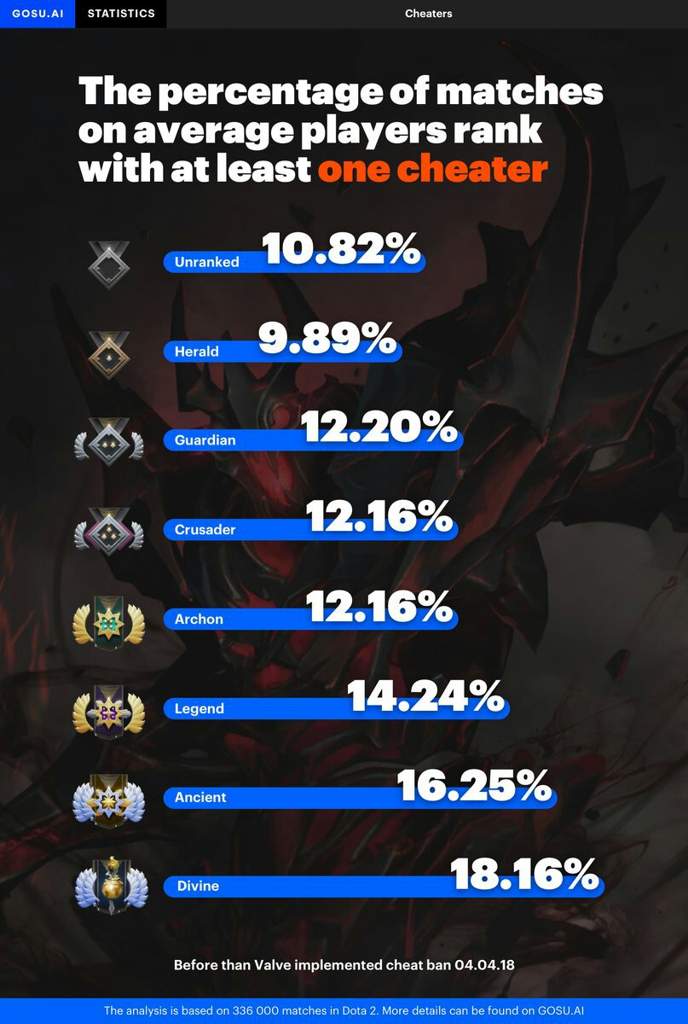
What to do in case of financial fraud
About half of Russians do not take any action in case of financial fraud, according to the survey.
According to the results of the survey, 43% of respondents did not take any action when faced with financial fraud. 23% applied to the bank, most often this was done by residents of the North Caucasus (38%), St. Petersburg and the Leningrad Region (31%), least often residents of the Far East (14%) and Siberia (17%). Contacted the police 9% of respondents, in court - only 1%.
In order not to become a victim of financial fraud, Russians most often do not tell anyone and do not write down secret card details, including the PIN code and CVV code on the reverse side (76%). About a third of respondents (30%) answered that they download mobile applications only in official stores - Google Play and the App Store. 29% of respondents reported that they do not store photos and notes with bank card data on their phones, 28% answered that they had connected SMS alerts or push notifications from the bank about all card transactions.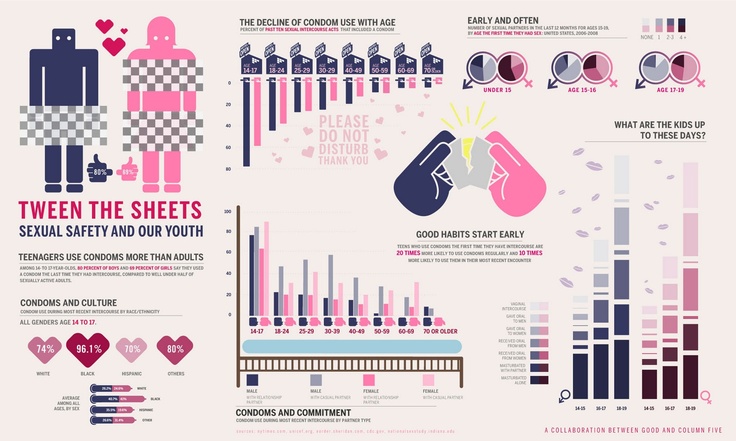 However, only 9% check credit and financial institutions on the website of the Bank of Russia.
However, only 9% check credit and financial institutions on the website of the Bank of Russia.
Most often, Russians receive information about cybersecurity from banks (83%), from telecom operators and government agencies - 49% each, from other organizations - 40%. The main ways to obtain such information in banks are a call from a bank employee (62%), in the payment process on the page for entering a confirmation code when paying on the Internet (61%) and at ATMs (61%). When asked about the most preferred ways to receive information about cybersecurity, Russians named notification by e-mail (38%), SMS notifications (29%) and in the payment process on the page for entering the confirmation code when paying online (12%).
The survey was conducted from November 26 to December 2 on a representative sample of 1015 Russians aged 18-65 in cities with a population of more than 100 thousand people. on phone scammers
- How to understand that a scammer is calling you
- How to make fewer calls
- Where to report if the money has already been stolen
 Source: Unsplash.com
Source: Unsplash.com How to know if a scammer is calling you
The best way to protect yourself from phone scams is to respond to them right away. How to understand from the first seconds that the goals of the caller are unkind?
Four main signs:
- A call from a hidden number.
In principle, this is already enough to not pick up the phone at all or, at worst, to drop the call. Where to complain about phone scammers? If you continue to receive calls from a hidden number, inform your mobile operator. You can do this on the company's website or in your personal account in the mobile application.
- The “bank” calls and informs that ill-wishers have gained access to your account.
Starting like this, the conversation always develops according to the same scenario: you are asked to transfer money to a "secure" account so that you do not lose it. There's no point in talking, it's pointless. Just hang up.
If your heart is still restless, check the number on callfilter.ru or other similar resources. If you have already complained about this number, it will be in the database and you will find out the reason: for example, the imposition of advertising, spam, or attempts to deceive citizens.
Phone scams are not so bad if you always have your bank account information at hand. Halva has one of the most convenient mobile applications. If necessary, you can quickly block the card or withdraw money to the desired account.
Halva card is a universal financial instrument. Use your funds, get cashback from purchases up to 10% and income on the balance of your own funds on the card up to 12%, and also open deposits at a favorable percentage. You can take borrowed funds and spend them on purchases in installments of 10 months or more if you subscribe to Halva.Ten. Issue Halva in a couple of clicks, and the courier will bring it to you!
- They call "from the Ministry of Internal Affairs", "FSB" or "Central Bank".
And they immediately try to intimidate. They may say that transfers were made from your account for the needs of terrorist organizations or military departments of other states. The recipe is the same: hang up as soon as possible. At the same time, you can add that now you yourself call the police and clarify everything.
After hanging up, simply check your balance. Were there any translations? You can calm down on this. And inform the operator about the call, of course.
- They call “from the hospital” and say that your relative is in trouble.
One of the most sophisticated types of fraud, which is the easiest to fall for. Logical thinking immediately turns off, the heart begins to beat furiously. Don't let anxiety take control of your critical thinking. This is what attackers are waiting for.
Hang up and immediately call the relative in question. Everything is fine? Well, thank God. Where to report phone scammers in this case? As before, a mobile operator is sufficient.
How not to be deceived at Yulia and Avito
Older people are most often affected by telephone fraud. Share this article with them. Source: Unsplash.comHow to reduce calls
There are several ways to significantly reduce the risks.
- Install an application or activate an additional service of a mobile operator to filter calls and SMS.
The database of "bad" phones from cellular operators is updated quite quickly. From numbers that fall into this database, you will not receive calls and messages.
- Block unwanted subscriptions.
Every smartphone has a black list where you can add intrusive callers.
- Install a call recording program on Android.
As soon as you pick up the phone, the recipient will hear a warning that the call is being recorded. Later, a conversation with an attacker can be attached to the case file as evidence of fraud. Many criminals themselves hang up when they hear this warning.
It happens that honest companies call - banks, MFIs or other firms with the promotion of their services. Know that you can stop this too.
A working way is to write an application and revoke permission to process personal data. In the application, indicate that from now on you are forbidden to call your numbers that these organizations have. It doesn't hurt to threaten a lawsuit. If the calls do not stop, you can really go to court. But usually it doesn't come to that.
An unobvious but effective way to protect your money is to keep it on deposit with Sovcombank. This will completely eliminate the temptation to suddenly transfer a large amount to scammers, even if a temporary “eclipse” happens to you. Vigilance is rewarded: at the end of the billing period, a pleasant percentage will be waiting.
Put your savings to work and bring you passive income! Sovcombank has a line of deposits with flexible conditions - you can choose the right option. A high rate will save money from inflation and help you save up faster for large purchases. Apply online!
Where to report if the money has already been stolen
Never follow instructions from strangers and keep personal information secret is the main antidote to scammers. But what if you still fell for the trick, dictated the card details or made a transfer?
Follow this algorithm:
- Call the bank and tell them about what happened.
If the money has just been sent, the transaction may be cancelled. If the card data ended up in unauthorized hands, transfer money to other banks where you have opened accounts, or block the plastic.
- Report the fraud to your mobile operator.
There is a possibility that the call can be traced in time to pass the data to the police. When a group of people “split” a large number of citizens over the phone, cellular operators help law enforcement agencies fight telephone scammers and catch criminals.



